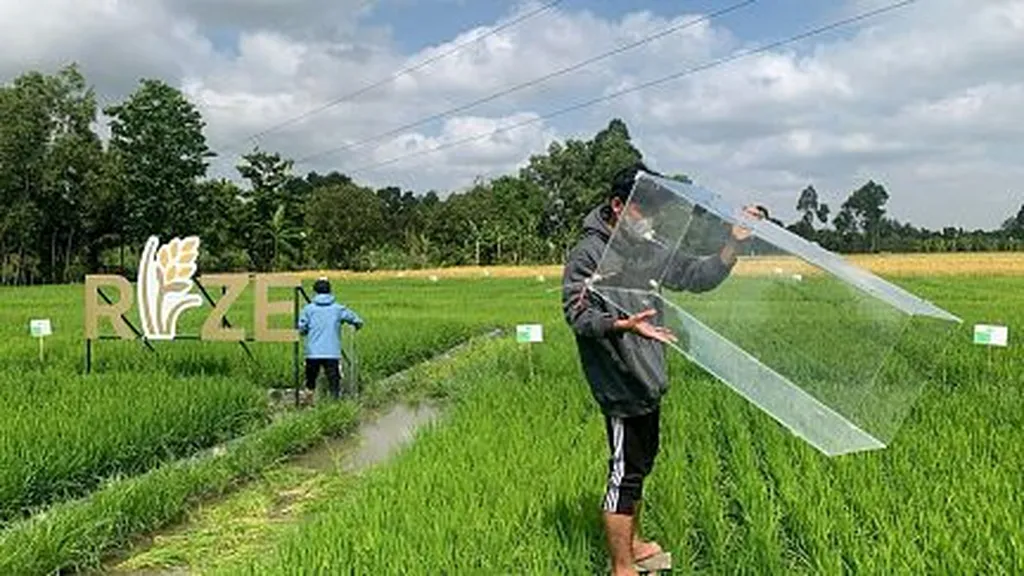In the heart of South Korea, a team of researchers led by Dr. Jae-Hyeon Oh from the National Institute of Agricultural Sciences is making waves in the agritech world with a groundbreaking study on rice cultivars and their methane emissions. The research, recently published in the journal “Data in Brief” (translated as “Short Data”), is not just about rice; it’s about the future of climate-resilient crops and the energy sector.
Dr. Oh and his team have been delving into the transcriptome profiles and methane emissions of three rice cultivars: Indica 93–11, Japonica Milyang352, and Milyang392. The latter, an anther-culture line derived from a cross between 93–11 and Milyang352, has shown promising results. “Milyang392 exhibited the lowest methane emission among the three cultivars,” Dr. Oh explains, “highlighting its potential for climate-resilient breeding.”
The study collected samples at two critical growth stages: tillering and heading. Using advanced RNA-Seq technology, the team generated a vast dataset, identifying up to 19,267 differentially expressed genes in the roots and 17,165 in the stems. This wealth of data is not just about understanding rice; it’s about harnessing the power of machine learning to predict and manipulate gene expression for desired traits.
The implications for the energy sector are significant. Rice paddies are a major source of methane emissions, a potent greenhouse gas. By identifying cultivars with lower methane emissions, researchers can help reduce the agricultural sector’s carbon footprint. “This dataset is a valuable resource for studies of methane-related gene expression and rice metabolic pathways,” Dr. Oh notes, emphasizing the potential for climate-resilient crop breeding.
The study’s findings could pave the way for developing rice cultivars that are not only high-yielding but also environmentally friendly. This is a game-changer for the energy sector, as it opens up new possibilities for sustainable agriculture and carbon sequestration.
Moreover, the dataset’s potential extends beyond rice. The methods and insights gained from this study can be applied to other crops, contributing to a broader understanding of plant metabolism and climate resilience. As Dr. Oh puts it, “This is just the beginning. The possibilities are endless.”
In the quest for sustainable energy and climate-resilient crops, this research is a significant step forward. It’s a testament to the power of agritech and the potential of data-driven agriculture. As we grapple with the challenges of climate change, studies like this offer hope and a path forward.

